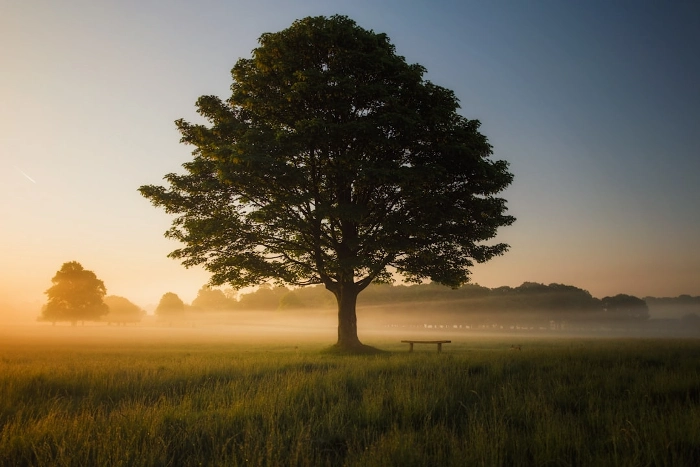Parable of the mustard seed

The Parable of the Mustard Seed is one of Jesus' shortest parables, found in the Gospels of Matthew (13:31-32), Mark (4:30-32), and Luke (13:18-19). In this parable, Jesus describes the Kingdom of God as being like a mustard seed, which starts as one of the smallest seeds but grows into a large plant where birds can nest in its branches. Though brief, this parable carries a powerful message about faith, growth, and the nature of God’s Kingdom.
Jesus begins by noting that the mustard seed is incredibly tiny. Despite its small size, however, it has the potential to grow into a tree or large shrub, depending on the species, which can reach up to 10 feet or more. This idea of the mustard seed’s growth illustrates that the Kingdom of God begins in small, almost imperceptible ways but has the potential to expand and flourish beyond what seems possible at the start. In Jesus’ time, people likely would have been familiar with mustard seeds and the way they can spread and grow rapidly, almost as an unstoppable force of nature.
In this parable, Jesus highlights that the Kingdom of God doesn’t need to start with grandeur or visibility. It may begin in modest, humble ways, often overlooked or dismissed by the world. For instance, Jesus himself started his ministry in a small, remote part of the Roman Empire with only a few followers. Yet over time, his teachings spread, influencing billions of people across the world and transforming societies and cultures. Just as the mustard seed grows slowly and steadily into a large plant, the Kingdom of God advances quietly and consistently, often through simple acts of faith and love, making a profound impact over time.
The parable also speaks to the potential of small beginnings in faith. Just as a mustard seed can grow into something far greater, even a small amount of faith can yield great results. Jesus himself stated elsewhere, "If you have faith as small as a mustard seed, you can say to this mountain, 'Move from here to there,' and it will move" (Matthew 17:20). In this sense, the parable encourages believers that even if their faith feels small or insignificant, it has the potential to grow into something transformative.
Another layer to this parable is the idea of inclusivity and shelter. As the mustard plant grows large enough for birds to nest in its branches, it symbolizes how the Kingdom of God provides a place of refuge, acceptance, and rest for all who come to it. The imagery of birds flocking to the mustard tree suggests that people from all backgrounds can find a place within God’s Kingdom, reflecting Jesus' message of universal love and hope in Him.
Overall, the Parable of the Mustard Seed emphasizes that God’s Kingdom may start in ways that seem small, hidden, or weak, but it contains a divine power that allows it to grow and spread beyond imagination. It encourages believers to trust in the transformative power of even the smallest acts of faith and goodness. Through this parable, Jesus invites his listeners to have patience, hope, and trust in the hidden, powerful work of God that gradually shapes the world, offering growth, shelter, and peace for all.